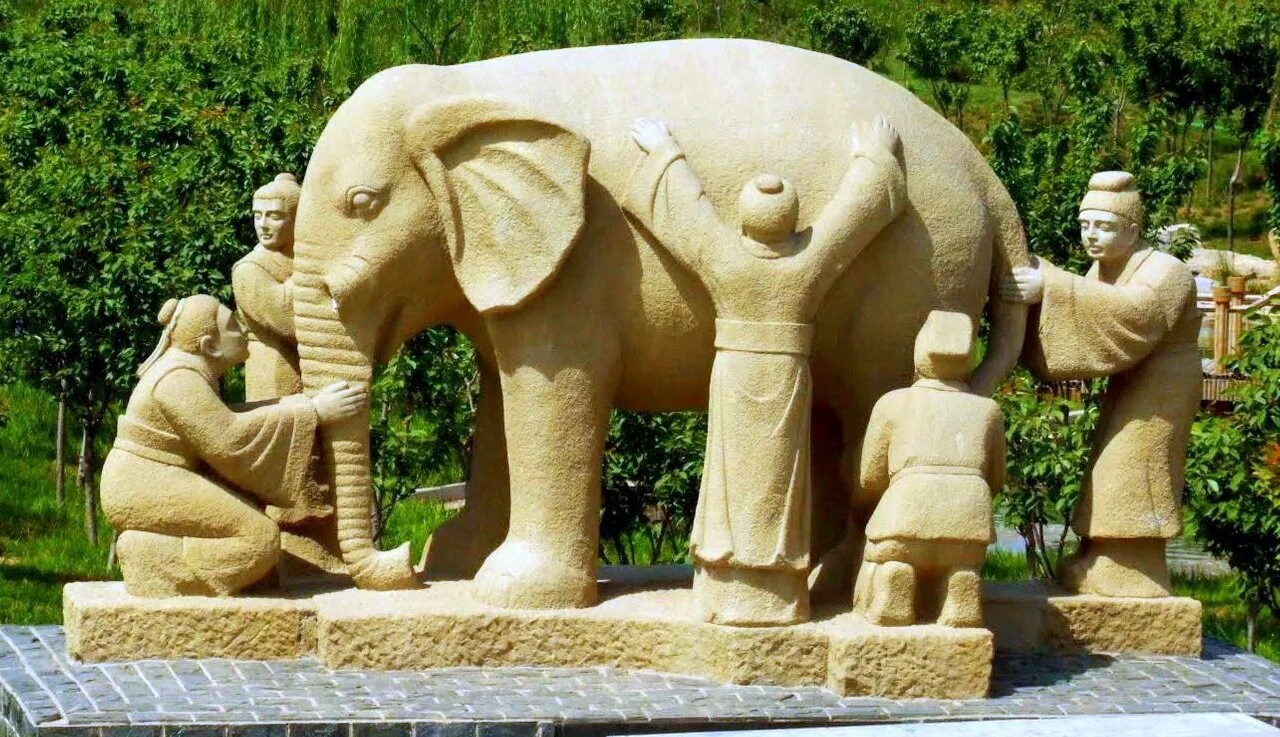Every now and then a new concept spreads like wildfire and is soon adopted at scale by organisations and professionals within a given domain. This is a scenario that seems to be especially prevalent within professional sport and the performance sciences in general. Initially early adopters are drawn in by an appealing message and a story that they find compelling. As the idea gathers steam, the growing uptake seems as much motivated by anxiety and the sense that ‘everybody else seems to be into this, so perhaps I should be too’. In due course the concept becomes firmly established and its legitimacy is widely accepted. For those caught up by this wave (or mown down by it) this all seems to occur with dizzying speed. All of this speaks to the captivating effects of ideas and the power of narratives. It also begs the question how might we avoid being taken captive and resist being swept up by the tide. Even once the wave has subsided, these events leave in their wake a detritus of zombie ideas that we as leaders, coaches and practitioners must navigate thereafter.
Diversity and Inclusion in Elite Sport
Elite sport is not immune to shifts in cultural norms and conventions in wider society. The number of diversity and inclusion roles have increased 60% in the UK over the past five years, and this has started to be mirrored in sporting organisations. The governance and national sport systems for Olympic sports are government funded, so it perhaps unsurprising that these organisations might be prompted to adopt policy that is becoming the norm in other sectors. That said, professional sports have also begun to follow this trend, notably in the US. In this post we consider what diversity and inclusion means in the context of sport at elite level.
Beyond the Bubble: The Utility of a Neutral Third Party
One of the problems with our natural preference for those who think as we do is the tendency to find ourselves in an echo chamber. Leaders can of course combat this by recruiting for cognitive diversity, but even within a diverse group our thinking inevitably tends to become socialised as a natural consequence of spending time in the company of the same group of people. Our colleagues will also to some degree share the same biases and are subject to the conventions that are inherent to the sport. Professional sport in particular is a bubble - at present quite literally, but even under usual circumstances. It follows that it is important that we escape the bubble periodically. A related countermeasure is to strategically enlist a neutral third party to break up the usual routine and expose team members to perspectives from outside the bubble at regular intervals. Engaging with an outsider can serve a performance staff in a number of different ways as we will explore.
Where Do We Draw the Line in Elite Sport?
Recent scandals, including multiple allegations and criminal cases of serious abuse, have rocked sport around the world. Arguably the most egregious example is the case of USA gymnastics, which should serve as a cautionary tale for everybody involved in sport at all levels. Against this backdrop, there has been something of an avalanche of allegations of bullying and improper conduct that are presently playing out in the public sphere. In turn, this has prompted calls for national sporting bodies to be less obsessively driven by winning medals. The perils of the ‘winning at all costs’ mentality have been cited as the reason behind the toxic environments and climate of fear that has been alleged in multiple sports, notably in the investigations that are presently ongoing within the UK. But of course winning on the world stage does come at a cost, both financial and personal. So where should we draw the line?
Triangulating a Position
As the value of cognitive diversity becomes more recognised, what is striking is how slow we have been to realise the need to revise our habitual ways of consuming information and interacting with those who hold contrary views. Whilst pioneers who think different are celebrated in modern western culture, in reality we are far less amenable to entertaining disagreement and diverging ideas. In the professional and academic realm we are quick to follow an authority and align with a school of thought. The hordes are likewise quick to leap into the breach to defend the doctrine against perceived challenge or dissenting views. If anything debates in all circles are increasingly polarised, as the assembled masses flock to either one side or the other. We might appreciate cognitive diversity on a conceptual level, but on a practical level we are clearly not there yet. So what steps can we take to enjoy the benefits of cognitive diversity and open our minds to the possibilities as we form our opinions?
Battling Hubris: The Perils of Success
Ascending to the top is a major accomplishment in any domain. But it could be argued that it is here that the greatest challenge begins. A number of teams have won the championship, but only a very small fraction are able to back up this success. Something about reaching the summit makes it less likely that those individuals will repeat the feat thereafter. Aside from the added motivation for opponents eager to knock the champions off their perch, the experience of success in itself serves to undermine our efforts and reduces the odds of subsequent success. With this post we take a deep dive into the paradoxical effects of success, identify what factors what should be vigilant for, and explore some potential countermeasures to increase our odds of sustaining success.










